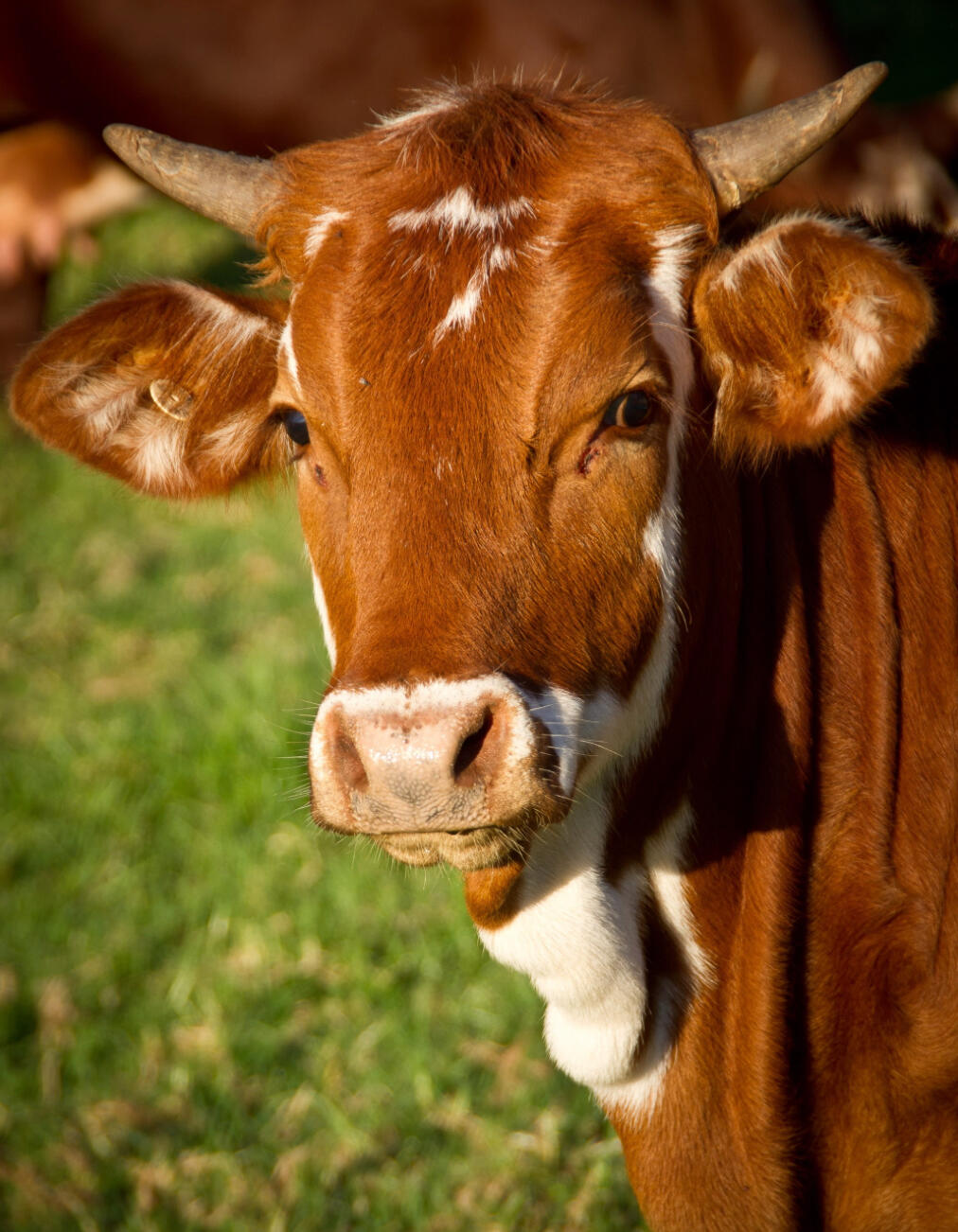Finally a solution
A new dairy standard
Join Lifeway Foods and other industry innovators in creating a new dairy standard -- more premium than conventional, less bureaucratic and rigid than organic -- to meet consumers and farmers where they are.
The problem
Organic is rigid
Organic certification rules are outdated and don't always align with modern best practices. For example, organic mandates prohibit the use of necessary medical treatments like antibiotics, even when used responsibly — forcing farmers to either forgo treatment or lose organic certification. Minor and reasonable deviations are not tolerated. Certification itself is also expensive and complex, driving up costs that get passed on to consumers. Organic is an all or nothing expensive choice for producers and therefore, adoption lags.

Consumers want choice
Many tiers like eggs and beef
Consumers want a series of choices. Eggs have conventional, cage-free, free-range, and pasture-raised; beef has conventional grain-fed, antibiotic-free, grass-fed, and grass-fed & finished. These food-based voluntary standards are powerful and desired.
Producers want recognition
Reward "better"
Many dairy farmers are limiting routine antibiotics and using pasture-based, grass-fed practices weather permitting, but get zero credit for these improvements. Consumers have no way of knowing when dairy farmers are making herd healthy choices.
Share your thoughts
A new voluntary certification: "clean dairy" or "better dairy"
Lifeway Foods is delighted to share these draft ideas to start an industry conversation on creating a new voluntary certification -- perhaps "clean dairy" or "better dairy" -- with specific producer improvements that lead to nutritional benefits. If there is stakeholder interest and buy-in, some entity would have to be created or designated to manage the certification, select the name and brand and define the criteria. These suggestions are meant to start the conversation on creating a standard that delivers a more nutritious dairy product.Two ideas to start the conversationThe first one:
✅ Clean Core Certification
Clean Core Certified™
Real milk. Better practices. Trusted nutrition.Low-barrier, high-feasibility standards for conventional dairies that deliver meaningful nutritional improvements.🐄 Animal Care & Antibiotic Stewardship
No use of synthetic growth hormones (e.g., rBST/rBGH)
Antibiotics only used therapeutically (not for growth or routine prevention)🌾 Feed & Diet
At least 50% of total dry matter intake from forages (e.g., silage, hay, pasture)
Feed must include some fresh or fermented forage daily (e.g., corn silage or haylage)🧪 Milk Quality & Processing
No artificial flavors, colors, or preservatives in plain milk
Low-temp pasteurization encouraged (but not required)🚫 Prohibited
No prophylactic antibiotics in feed
No rBST/rBGH
No synthetic preservatives or additives in final milk products
Nutritional impact:
↑ CLA, omega-3s, fat-soluble vitamins
↓ residues, contaminants
Milk profile aligns with consumer demand for “clean label” and minimally altered productsOne big benefit: many farmers and processors are already rBST-free, using silage/hay, and compliant with VFD rules.The second one:
🌟 Nutrient-Rich Upgrade Tier
Nutrient-Rich Dairy Verified™
Milk that delivers more — naturally.Moderate effort, high nutritional reward practices for premium positioning and verifiable differentiation.🌿 Pasture & Diet Enhancement
Minimum 60 days of pasture access per year for lactating cows
(8+ hours/day, during growing season)
Cows receive at least 1.5% of body weight daily in fresh or fermented forage🌱 Plant & Soil Diversity
Primary forage must be from biodiverse sources (3+ plant species in hay/pasture)🧪 Milk Nutrition Monitoring
Co-op or processor tests bulk milk quarterly for omega-3s, CLA, vitamin A/E (lab or NIR)
Farms/co-ops receive reports as feedback and claim substantiation
Nutritional impact:
2–5× omega-3s
2–3× CLA
Improved omega-3:6 ratio
Higher levels of vitamins A, E, K2
Greater antioxidant content
© Lifeway Foods. All rights reserved.
Thank you
Together we can shape our future and deliver a win-win-win voluntary standard for dairy